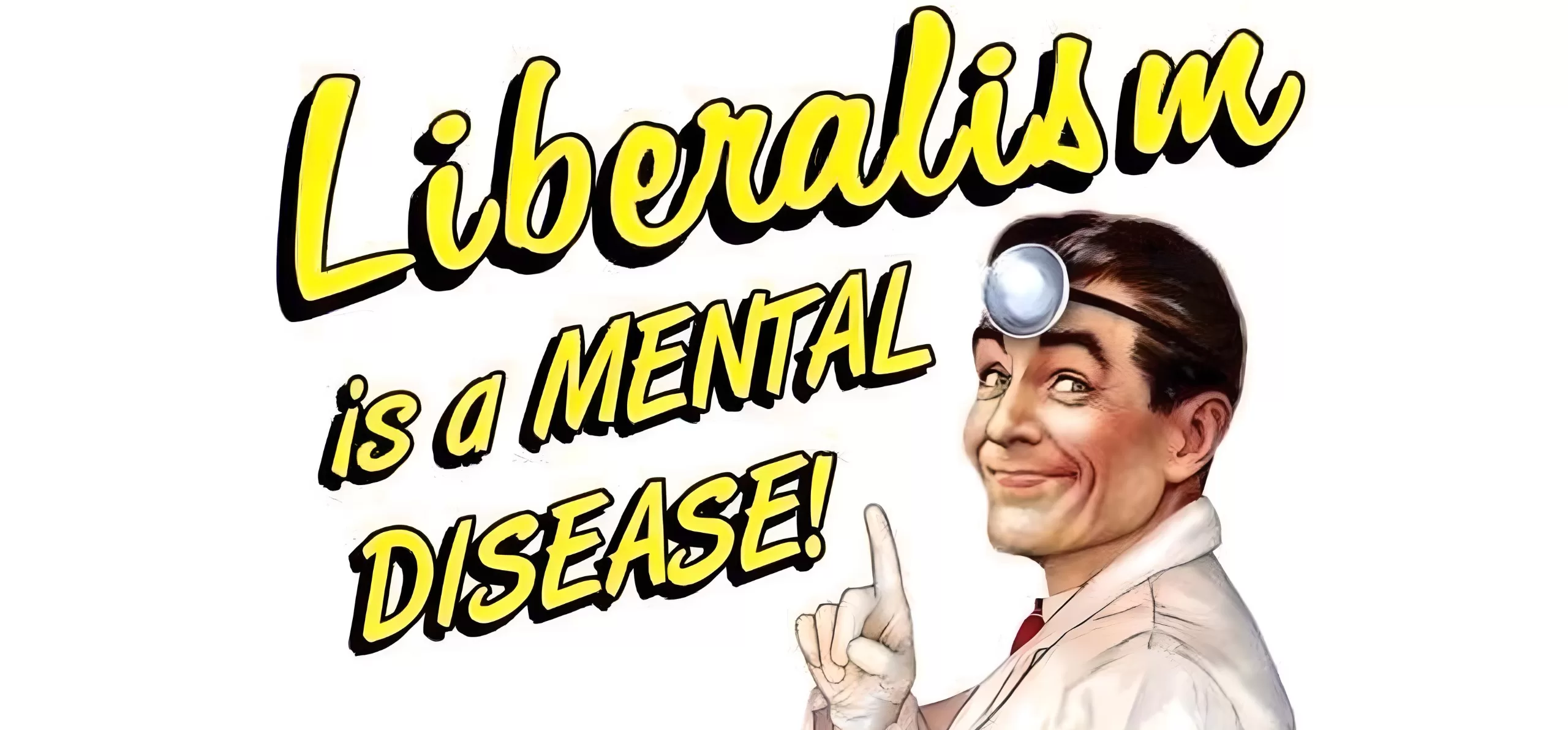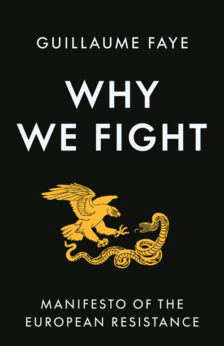Liberalism embodies the dominant ideology of modernity. It was the first to appear and will be the last to disappear. In the beginning, liberal thought contraposed an autonomous economy to the morality, politics and society in which it had been formerly embedded. Later, it turned commercial value into the essence of all communal life. The advent of the ‘primacy of quantity’ signalled this transition from market economics to market societies, i.e., the extension of the laws of commercial exchange, ruled by the ‘invisible hand’, to all spheres of existence.
On the other hand, liberalism also engendered modern individualism, both from a false anthropology and from the descriptive as well as normative view based on a one-dimensional man drawing his ‘inalienable rights’ from his essentially asocial nature continually trying to maximise his best interest by eliminating any non-quantifiable consideration and any value unrelated to rational calculation.
This dual individualistic and economic impulse is accompanied by a Darwinian social vision which, in the final analysis, reduces social life to a generalised competition, to a new version of a ‘war of all against all’ to select the ‘best’. Aside from the fact that ‘pure and perfect’ competition is a myth, since there are always power relations, it says absolutely nothing about the value of what is chosen: what is better or worse. Evolution selects those most apt to survive. But man is not satisfied with mere survival: he orders his life in a hierarchy of values about which liberals claim to remain neutral.
In the twentieth century, the iniquitous character of liberal domination generated a legitimate reaction: the appearance of the socialist movement. Under the influence of Marxism, however, this movement became misdirected. Yet, despite their mutual hostility, liberalism and Marxism basically belong to the same universe and are both the heirs of Enlightenment thought: they share the same individualism, even the same universal egalitarianism, the same rationalism, the same primacy of economics, the same stress on the emancipatory value of labour, the same faith in progress, the same idea of an end of history. In almost all respects, liberalism has only realised more effectively certain objectives it shares with Marxism: the eradication of collective identities and traditional cultures, the disenchantment of the world, and the universalisation of the system of production.
The ravages of the market have also triggered the rise and growth of the welfare state. Throughout history, the market and the state have appeared on an equal footing, the latter seeking to subject inter-communal, non-market exchange, which is intangible, to the law of money, and to turn homogeneous economic space into a tool of its power. The dissolution of communal bonds, spurred by the commercialisation of social life, has necessitated the progressive strengthening of the welfare state, since it is entrusted with the redistribution necessary to mitigate the failures of traditional solidarity. Far from hindering liberalism, these statist interventions have allowed it to prosper by avoiding a social explosion, thus generating the security and stability indispensable to exchange. In return, the welfare state, which is nothing but an abstract, anonymous and opaque redistributive structure, has generalised irresponsibility, transforming the members of society into nothing more than recipients of public assistance, who no longer seek to overthrow the liberal system, but only to prolong the indefinite extension of rights with no quid pro quo.
Finally, liberalism denies the specificity of politics, which always implies arbitrariness of decisions and plurality of goals. From this viewpoint, the term ‘liberal politics’ appears to be a contradiction in terms. Seeking to form social bonds on the basis of a theory of rational choice that reduces citizenship to utility, it ends up with an ideal ‘scientific’ management of global society by technical experts. The liberal state, all too often synonymous with a republic of judges, is committed to the parallel goals of abstaining from proposing a model of the good life while seeking to neutralise conflicts inherent in the diversity of social life by pursuing policies aimed at determining, by purely juridical procedures, what is just rather than what is good. The public sphere dissolves into the private, while representative democracy is reduced to a market in which supply becomes increasingly limited (concentration of programs and convergence of policies) and demand less and less motivated (abstention).
In the age of globalisation, liberalism no longer presents itself as an ideology, but as a global system of production and reproduction of men and commodities, supplemented by the hypermodernism of human rights. In its economic, political and moral forms, liberalism represents the central bloc of the ideas of a modernity that is finished. Thus, it is the main obstacle to anything seeking to go beyond it.








Отличная статья! Спасибо!